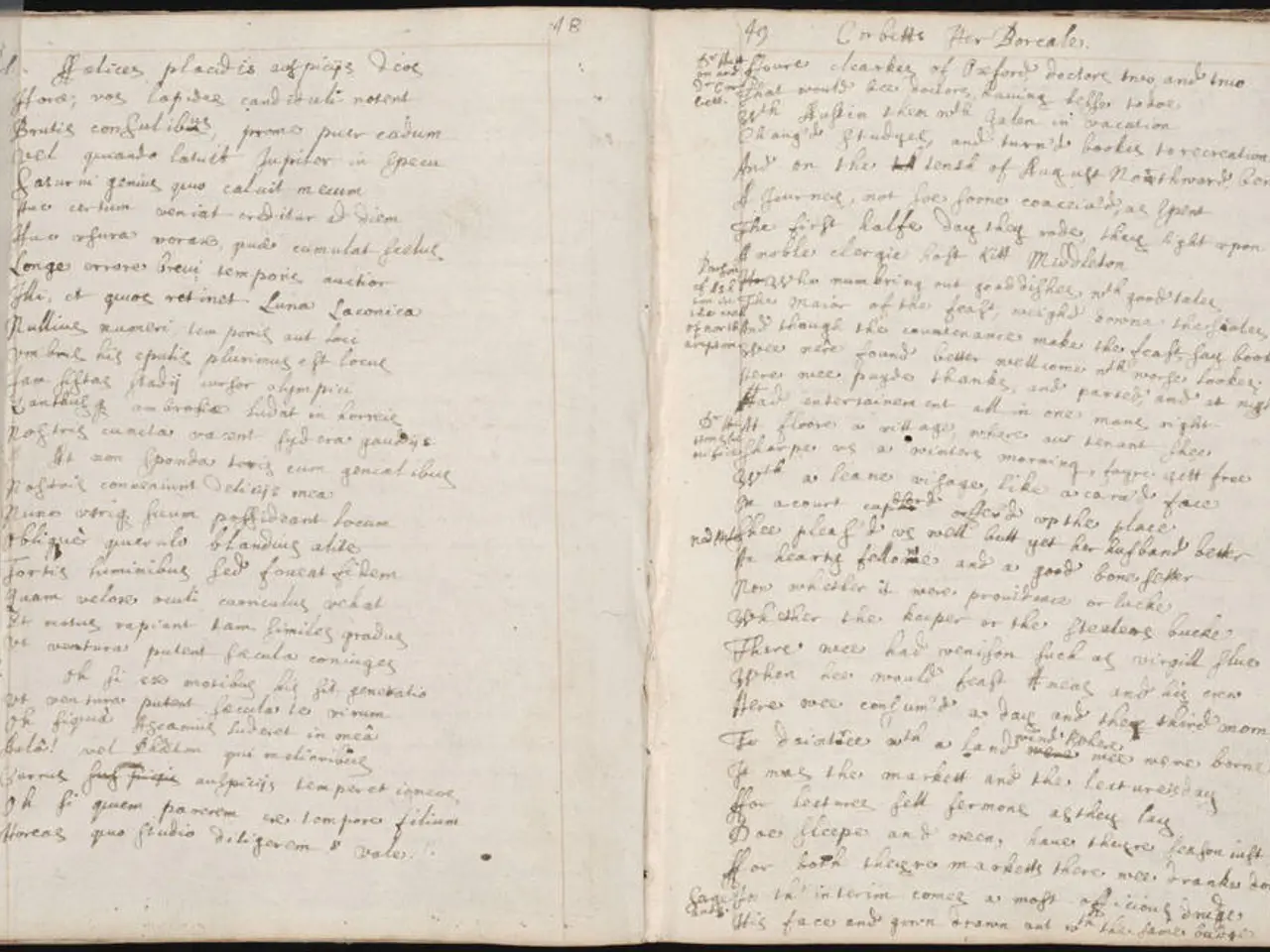Notable Connection Between Scholars Ualikhanov and Dostoevsky, Uniting Intellectual Forces of Two Distinct Countries
In the mid-19th century, two remarkable individuals, Kazakh ethnographer Shokan Ualikhanov and Russian writer Fyodor Dostoevsky, forged an extraordinary friendship that spanned across cultures and continents.
Born in different years—Ualikhanov in 1821 and Dostoevsky in 1835—their paths crossed for the first time in 1854 in Omsk, at the home of military engineer Konstantin Ivanov. From their initial meeting, an immediate sense of companionship and understanding developed between the two.
Ualikhanov, a staff captain and aide to Gustav Gasfort, the governor-general of Western Siberia, was on a mission to share his pioneering accounts of Kashgar, Dzungaria, and Eastern Turkestan. His writings, including "Essays on Dzungaria," "Description of Eastern Turkestan," and "Notes on the Kokand Khanate," became invaluable sources for understanding the region.
Dostoevsky, on the other hand, was dispatched to Semei for indefinite military service shortly after their first meeting. Despite the distance, the bond between the two remained strong. They wrote letters to each other for almost six years, exchanging thoughts, ideas, and expressions of affection.
One of their few meetings took place in Semei in 1859, during Ualikhanov's official visit. Afterwards, Ualikhanov went to St. Petersburg to work on the report on the Kashgar expedition. The friendship continued, with Ualikhanov expressing his desire to become a consul in Kashgar or serve in his own district by election in a letter to Dostoevsky in 1862.
However, Ualikhanov's health began to deteriorate, and he returned to Sarymbet in Kokshetau due to his condition in 1861. Tragically, he passed away from tuberculosis before reaching the age of 30 in 1865.
Dostoevsky, deeply saddened by the loss, continued to cherish the memories of their friendship. Only four letters from Ualikhanov and one letter from Dostoevsky have remained, serving as poignant reminders of their unique bond.
A black and white photo of Ualikhanov and Dostoevsky exists, taken in 1859, showing them sitting close and quiet. This photograph, the only known photograph of Dostoevsky with anyone other than his immediate family, is a testament to their lasting friendship.
In 2017, a sculptural composition was created based on this photograph and installed near the Dostoevsky Literary Memorial Museum in Semei, preserving the memory of this remarkable friendship for future generations.
Read also:
- Peptide YY (PYY): Exploring its Role in Appetite Suppression, Intestinal Health, and Cognitive Links
- Toddler Health: Rotavirus Signs, Origins, and Potential Complications
- Digestive issues and heart discomfort: Root causes and associated health conditions
- House Infernos: Deadly Hazards Surpassing the Flames








